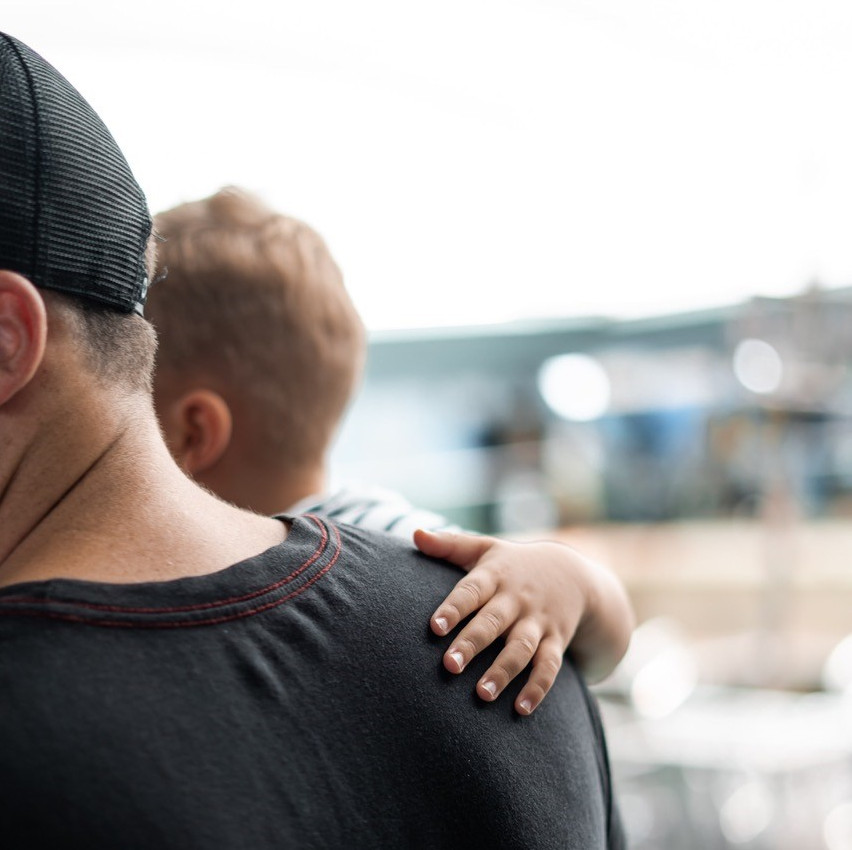
Challenging endings, hopeful beginnings

The last two years of the Covid pandemic have made everyone reflect on the flow of time, moreso those of us who are raising children with life-limiting and rare conditions. Time is precious to us because it is a finite commodity. We don’t have as much of it as we would like.
In the case of my family, 2020 dawned with us making exciting plans of using the new decade to travel the world. My son, Hermes, has Duchenne muscular dystrophy. His father and I have always tried to offset his limitations with exciting things to do and new experiences. Whether that’s camping in the mountains for a weekend at a stargazing camp or taking a road trip from Italy to France to spend a week with his French godmother.
The pandemic swiftly shut down all such plans. For two years now, there have been no star camps, no trips to museums and no trips to a new country. During the first lockdown, when scientists were scrambling to understand the new virus, everything was shut down including schools and physiotherapy and as a result, my son lost his ability to walk permanently. Time slowed and grew heavy around us and as we approached the two-year mark, there remained a sense of fear that the decade we had planned to start with a bang will limp into its third year, still unsure and afraid.
An added aspect for us is that while the world raced to find a vaccine for the deadly pandemic, all the decks were cleared in terms of research to race this life-saving science through. What this means for families like us is that there have been even more delays in the already pressed timescape that we have to save our children. It left us in the position with no choice but to watch the time ebb away. It feels like running a marathon where someone stopped us after a couple of hours and told us that the starting line had now been reset to where we were standing.
With the vaccine for 5 to 11 year olds finally approved by the European Medicines Agency, we are finally able to hope again that the plan we made at the distant start of 2020 to see the world this decade might eventually be realised in a safe way. Other good news is that research into my son’s condition and other rare diseases is also, at long last, coming back on track.
We are able to feel hopeful again that that elusive breakthrough might once again be within reach. The third year of this decade might well dawn on us with more reasons to be optimistic, and with our children certainly safer than they were two years ago if they have access to the vaccine.
As for my family, we look forward to time returning to a more normal flow and rhythm for us, and being able to squeeze out every drop of life from it. We are at last beginning to think again about stargazing in the mountains (which had been cancelled for two years running), trips to see friends on Greek islands, visits to grandparents in the UK and maybe even adventures in more far-flung locations.
Our cities are glowing with Christmas lights this time of the year and despite everything, one can’t help but feel a cosy sense that maybe things are about to get better. Beyond hopes and gut feelings, the very real return to research and medically sound information on which to base our decisions most definitely leaves us feeling that rare disease families are in a better place at the end of 2021 than we were at the start of 2020.
About the author: Omaira Gill is a journalist living and working in Athens (Greece), where she is raising her family. Her older son was diagnosed with Duchenne muscular dystrophy in 2012.
